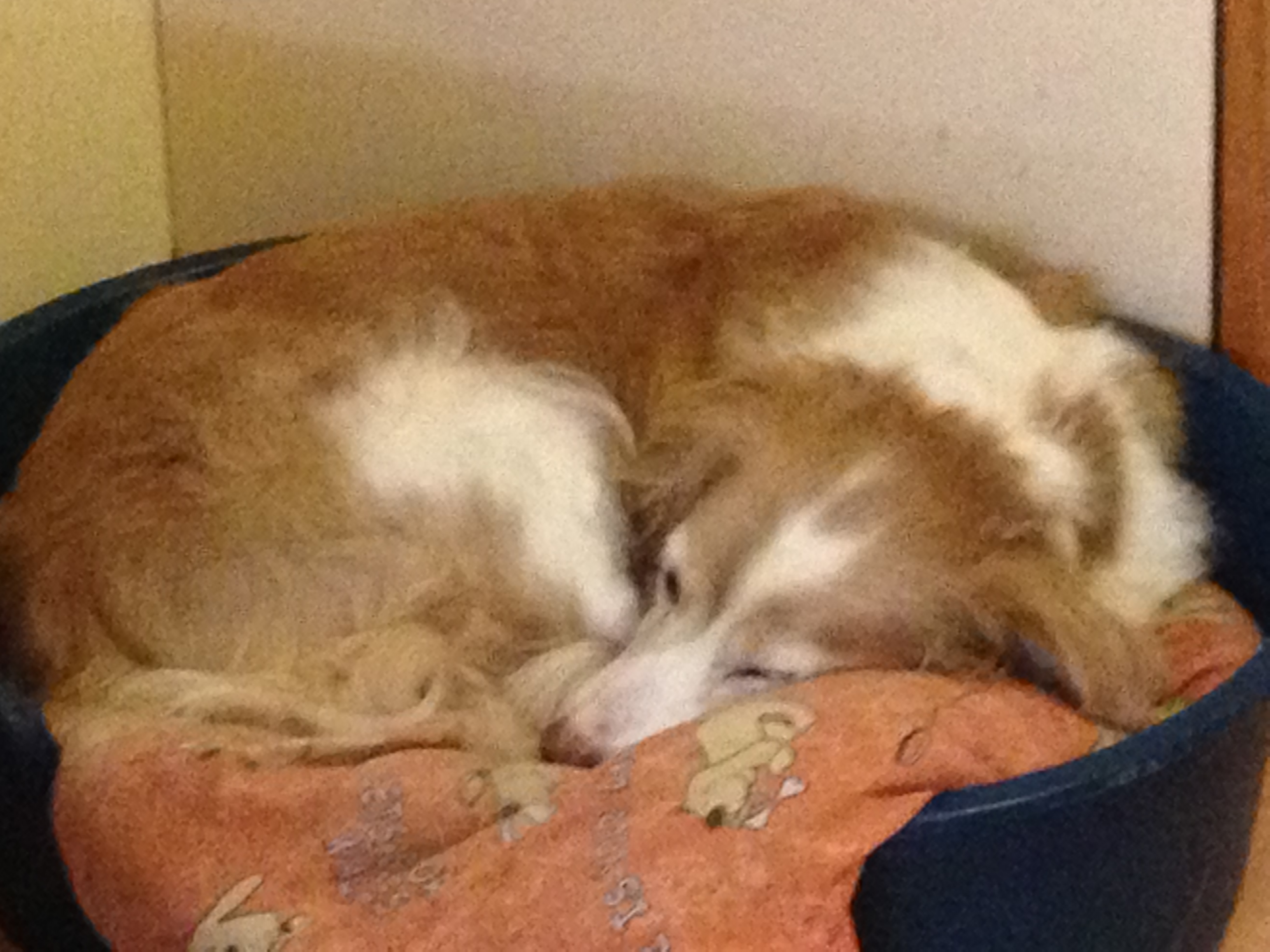We are often hearing on the news of how, yet again, a child has been attacked by a family pet dog. Sadly the press often focus on the breed of the dog and as a result people become wary of certain dog types, however more often than not the cause is the way that humans interact with their canine companions. We should instead be focussing on the way we interact with our dogs rather than their breed. Any dog, put in a threatening situation, can bite.
There are certain terms of engagement that should be used when communicating with our dogs, no matter what age or breed of dog you own. We have introduced dogs into our Human World and expect them to conform to our standards, but they are living in a World they do not understand and have basic instincts hard-wired into their nature. Because of the way we humans interact and communicate with our dogs, a lot of them think that they are in charge and are in their eyes 'Top Dog'!
Below are a few guidelines which will help you gain the respect and good behaviour that you want from your dog.
Firstly, never enter into a dog's personal space – always call your dog to you. Over 90% of dog bites occur when a human has walked up to a dog. Just like humans, our dogs don't always want to be stroked or played with – especially if they are sleeping. There are certainly times when I want to be left alone and if someone came up to me I would push them away. Dogs can only display their discomfort by either growling, or if that warning has been ignored, biting.
If you have young children or grandchildren, teach them from a young age to do the same – don't let them climb all over your dog or pull it's tail. If they are constantly doing this the time will come when it will have had enough and snap. Nor are a lot of dogs comfortable with children going up to them and cuddling them. Teach them to call their dog to them if they want to play with him. Under no circumstances should children be left alone with a dog.
If your dog comes up to you for attention, gently push him away. Once he has left you alone you can call him to you for fuss and cuddles, but this should always be on your terms not his.
Similarly, if a dog drops a toy at your feet or in your lap, ignore him. If you want your dog to respect you as his Leader you need to initiate play – not him. And avoid games of Tug of War … you don't need to show your dog that you are stronger than him, and if he wins and ends up with the toy, in his eyes he is stronger than you and should therefore be in charge.
These are just a few ways of showing your dog, in a way it understands, that you are in charge. If you would like to know more, or wish to book a Consultation, give me a call on 07889 343383.

